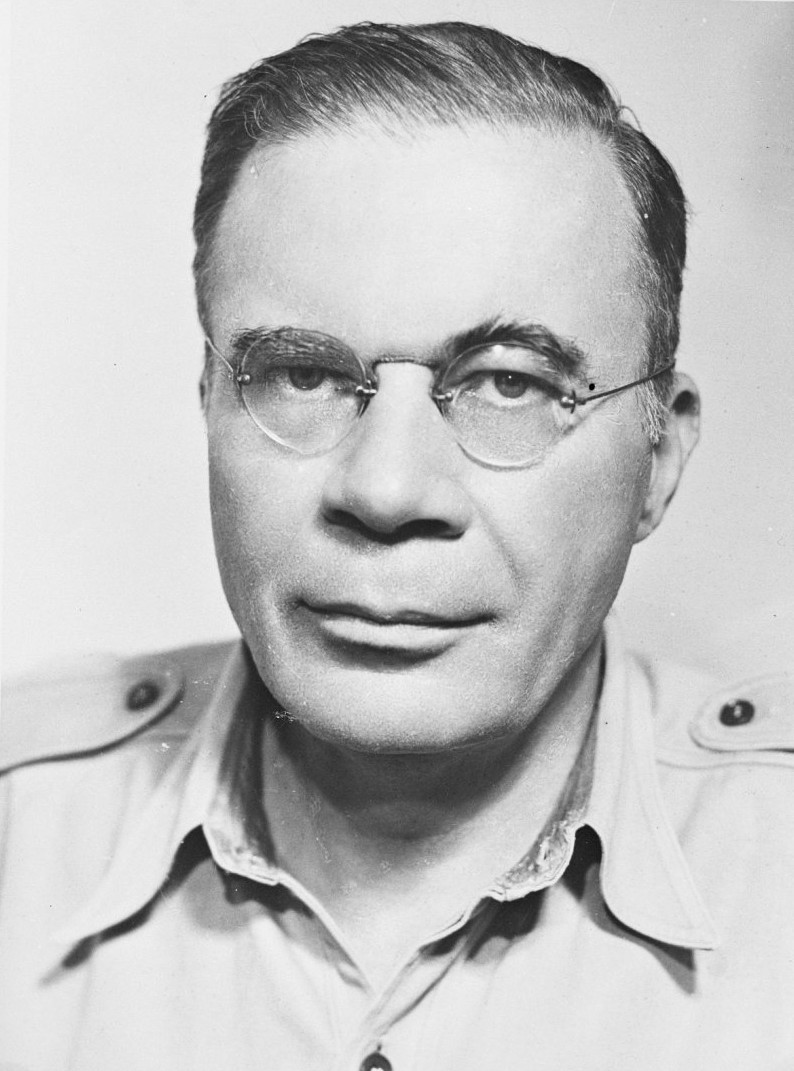Hi Parma, am I right in thinking there was that very difference between the officials in the Dutch East Indies and the Dutch Government in exile in London
Yes. The Dutch "war cabinet" in exile, who came in charge after domestic infight in August 1939 was led by Mr De Geer as Prime Minister.
Other Cabinets during the 30ties were led by Mr. Colijn, a controversial but capable and very worldly man.
He had strong ties with the Dutch East Indies. First, as a young officer he was deeply involved in the Atjeh war at the start of the 20th century. Prior to the Great war he became politician and was involved with the attempts to build a Battlefleet and after the Great war the Cruiser/submarine-based fleet plan of 1920/1922 al in order to protect the DEI against Japan.. During the twenties he was CEO of Shell, a company very strong involved in the DEI. And as last he had family, his son and daughter, living in the Dutch East Indies . During his position as PM he orderd the, at that time, state of the art B10 bombers as an attempt to improve the defenses of the DEI.
Mr. De Geer, 70 in 1940, had long political career. He had strong pacifist tendencies and was the main responsible figure for the cancelation of the Dutch fleet plan of 1920/1922. This would give the RNN a fleet roughly double the size of what it had in 1941.
According to people who worked with him he had a world view which ended at the Dutch- German border. More concerning was his out of reality view of Germany and complete absence of interest in the overseas possessions of the Netherlands. His out of reality world view forced him to resign in August 1940 as PM in exile, and he moved in 1941 back to occupied Netherlands! Mr. de Geer was replaced by Mr. Gerbrandy of who I do not know much.
Other members of the Dutch Cabinet in exile did not have much better qualifications.
Mr. Welter was the minister of colonies, who had a career as civil servant in DEI. How ever he opposed the dominion status of the DEI during the 30ties and in exile he was a fan of Petain and was there for regarded as defeatist. He had to resign in 1941.
Mr. Dijxhoorn was, one of the ‘’younger’’ members of the cabinet in exile and was the secretary of Defense. He was a very controversial figure who was responsible for the resignation of the Dutch Commander of the Armed Forces and his Chief of Staf in February 1940. He lost confidence of other members of the cabinet in exile and the Queen and resigned in 1941.
Exception these group of men was the secretary of foreign affairs Mr. Van Kleffens. A very capable diplomat but he refused to become chairman, PM, of the cabinet in exile.
I do think HJ Tulp know much more regarding the Dutch gouvernement in exile.
